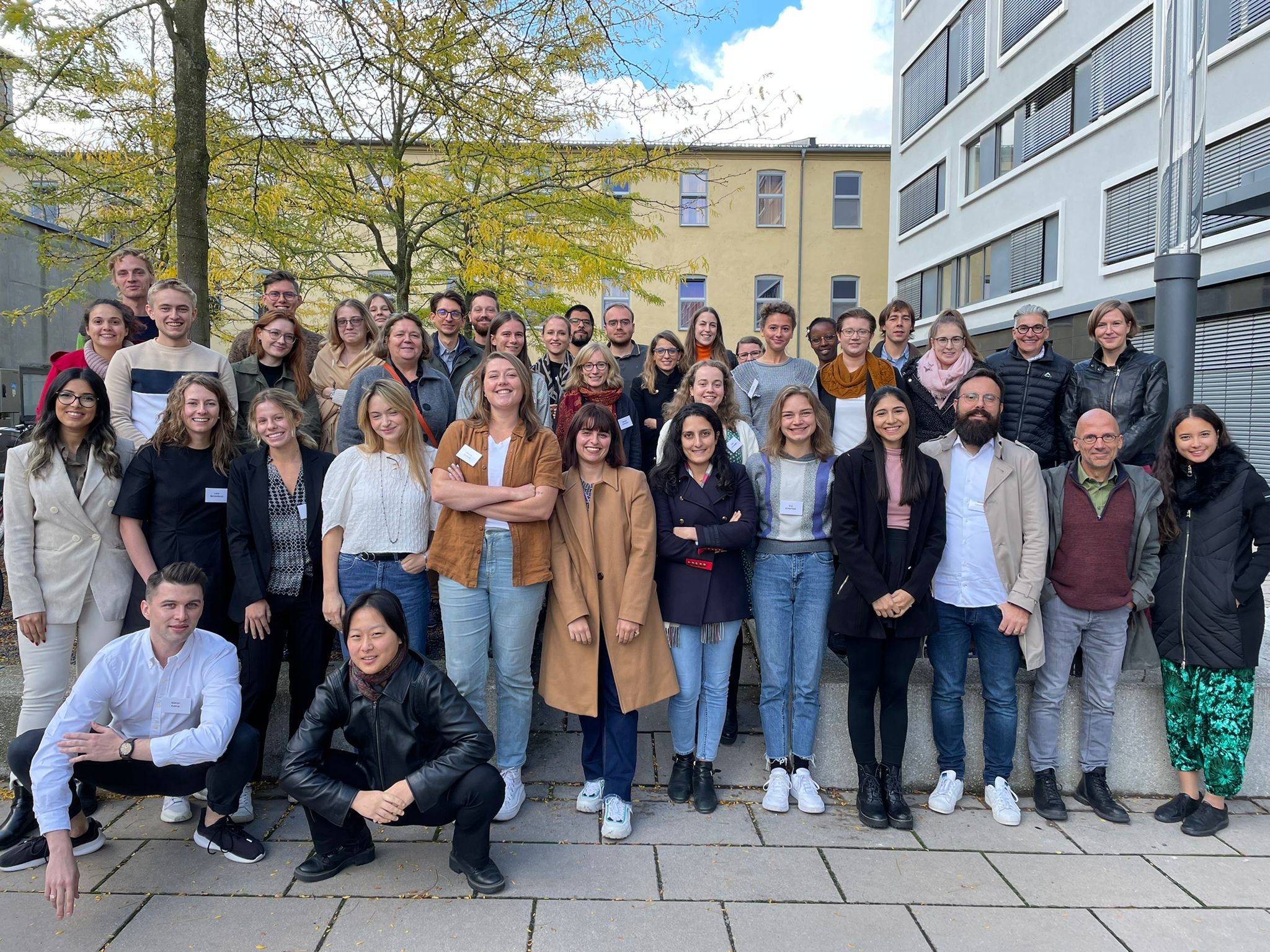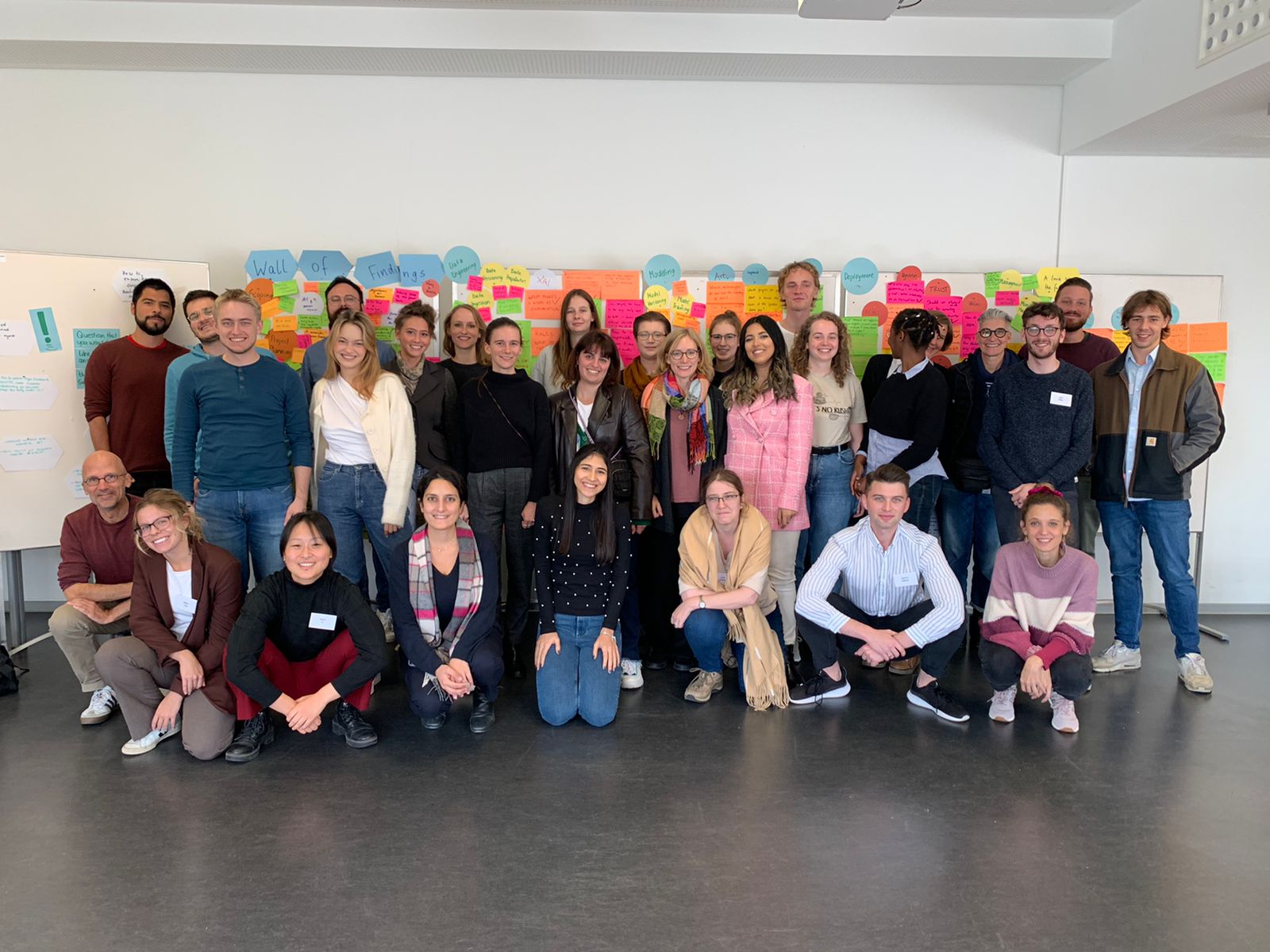Around 35 highly talented and intrinsically motivated participants, mainly young professionals and advanced students from all over Europe, were selected from over 100 applications to attend the school. Through various lectures, workshops, tutorials and discussion sessions, participants were able to learn about different aspects linking AI technology with its ethical and legal implications in areas such as industry, politics, society, science, decision-making, climate change, to name a few. All this took place during a full-day programme, followed by social events in the evening.
Prof. Schmid, the chair for Cognitive Systems at U Bamberg, addressed in her lecture the challenge of "Designing Explainable AI Systems to Reduce Automation Bias and Increase Justified Trust in AI". She dedicated her talk to the challenge of "designing explainable AI systems to reduce automation bias and increase justified trust in AI". Prof. Schmid showed how important it is to make the reasons for decisions in modern AI systems understandable. Transparency and keeping humans in the loop is one of the prerequisites for creating ethical and human-centred AI.
Prof. Benzmüller, the chair for AI Systems Development at U Bamberg, contributed two lectures. In the first lecture, entitled "What is AI?", he introduced relevant terms, including the concepts of symbolic and sub-symbolic AI, and pointed out relevant differences between human and machine intelligence. In his second talk, entitled "Trusted AI through Ethico-Legal Governors?", he presented a methodology for developing an independent, symbolic ethico-legal control layer for AI systems.
The full programme of the event can be found at https://www.goethe.de/aiethics, and a highly encouraging participants report on the event has been published in the news section of the journal KI-Künstliche Intelligenz.
Two group photos from the event are shown below.

